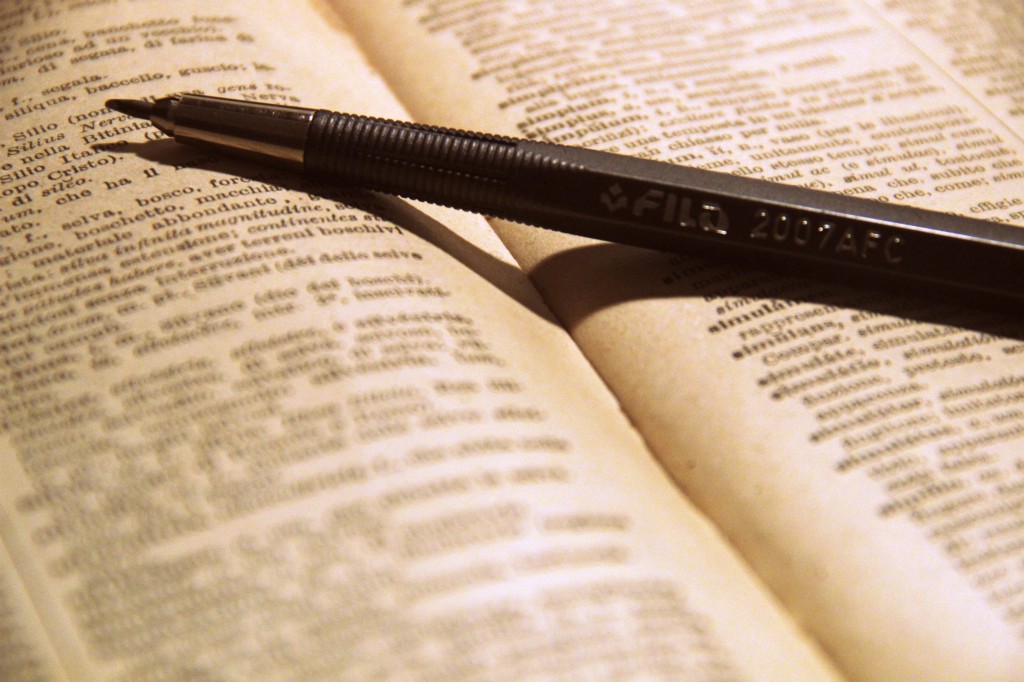Well-Defined Muscle
Watching the U.S. election from Munich

The Latin adjective nervosus doesn’t mean what you think it means. Okay, maybe Latin etymology has never even crossed your mens (feminine, third declension, e.g. “mental”). But I’ve been thinking about it all day every day—from antemeridian dawn to crepuscular dusk — ever since I joined a team of lexicographers in Munich, chiseling away at a half-finished, century-old Latin dictionary.
Nervosus appears a little over fifty times in the language’s first millennium, and the majority of these examples come from ancient medical manuals, from authors like Celsus in the first century and Cassius Felix in the fifth. But the adjective isn’t used in any psychiatric nomenclature. Anorexia nervosa, for example, is a nineteenth-century coinage. Instead, nervosus describes a variety of tough, sinewy tissues: the bladder, the diaphragm, the pectorals of a horse. To be nervosus is to be “strong.” In fact, only a handful of late antique texts begin to assign the name nervositas to the peculiar collection of tough tissues that descends from the skull — that is, the nervous system.
To be nervosus is to be “strong.”
Even if we moderns might not think to describe, say, some Herculean deadlifter as “nervous,” earlier English authors were familiar with this ancient meaning. Take Herman Melville. In a chapter of Moby Dick on the harpoon, he explains how someone “needs a strong, nervous arm to strike the first iron into the fish.” And Thomas Hobbes writes that the state’s “nerves” can be found not in some wonkish policy brain trust but in its forces of “punishment and reward.”
Relaying this word-sleuthing to my colleagues is one of the many pleasures of professional lexicography. These days, though, lunchtime chatter often turns from Horace to Hobbes, from ablative nouns to the anxieties of a sovereign Trumpidency. (I suspect he would rebrand the job title on Day One.) Brexit and the continent’s own ascendant populist politics spook pan-European offices of all kinds, and Latinists in particular have had a bit of a globalist streak ever since the Augustan Age. To be sure, European academics have their own reasons to worry: political fracturing may lead to big setbacks for collaborative research well beyond lexicography. The world’s academies work better, so it seems, when the world works together.
Writing a comprehensive dictionary of the ancient West’s lingua franca, however, requires too much careful reading and scrupulous categorizing to get completely caught up in international affairs. I prefer to share my breakfast with the New York Times crossword rather than the cross words of CNN pundit panels. But as the dictionary’s resident American, I dutifully watch the debates via 3 a.m. live-stream for my colleagues, and I report every gaffe in broken German over cafeteria schnitzel. Even if I can’t alleviate their fear of uncertain global politics, I can remind them that their nervousness, at least according to the dictionary, is strength.
